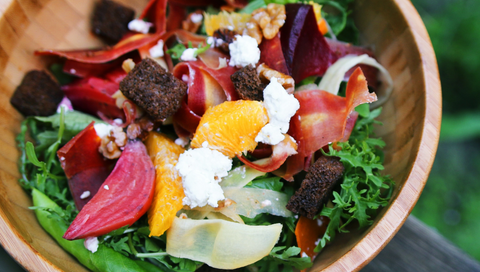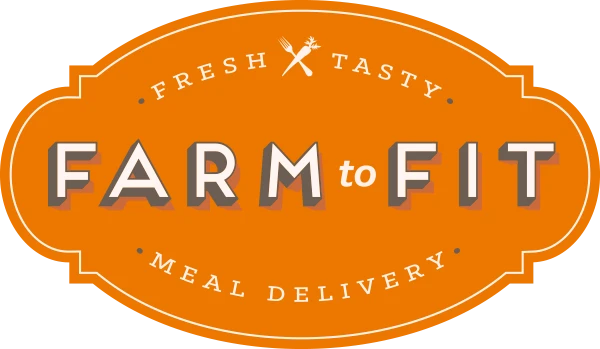You Should Be Eating In-Season Produce — Here’s Why
Posted on
While eating a variety of fruits and vegetables should be nutrition goal number one, eating in-season fruits and vegetables should be goal number two (more like one and a half, but we won’t take it that far). Here’s why:
It tastes better:
When you buy out-of-season produce at the grocery store, that produce was often picked early on in the ripening process so that it is not overly ripe by the time it lands on the shelves of your local supermarket or on your countertop at home. Local produce, however, is able to grow on the vine until peak ripeness because it does not have to last through the travel period from one side of the country (or a completely different country) to the other. The longer a fruit or veggie is able to grow on its vine, branch, or bush, the juicer, tastier, and more delicious it will be.
It’s more nutritious:
Because local produce can stay in its natural growing habitat longer, it has more nutrients than foods that are picked early on. Most produce tends to start losing nutrients within 24 hours of being picked, not to mention the effects travel can have on the food — changes in temperature, artificial light, air, etc. If in-season produce isn't as available to you, don’t worry! You are still getting a ton of nutrients from those traveling veggies.
It’s good for the environment:
A traveling cucumber is still a traveling cucumber no matter how organic it claims to be. The packaging, water, and fossil fuel it takes to deliver out-of-season produce leaves a big carbon footprint on the environment that locally grown produce avoids. Farmer’s markets themselves promote sustainability because many local farmers use certified organic practices and they don't need extra resources to keep their produce fresh. Can’t make it to a local farmer's market? Look for locally grown fruits and vegetables at your local supermarket.

